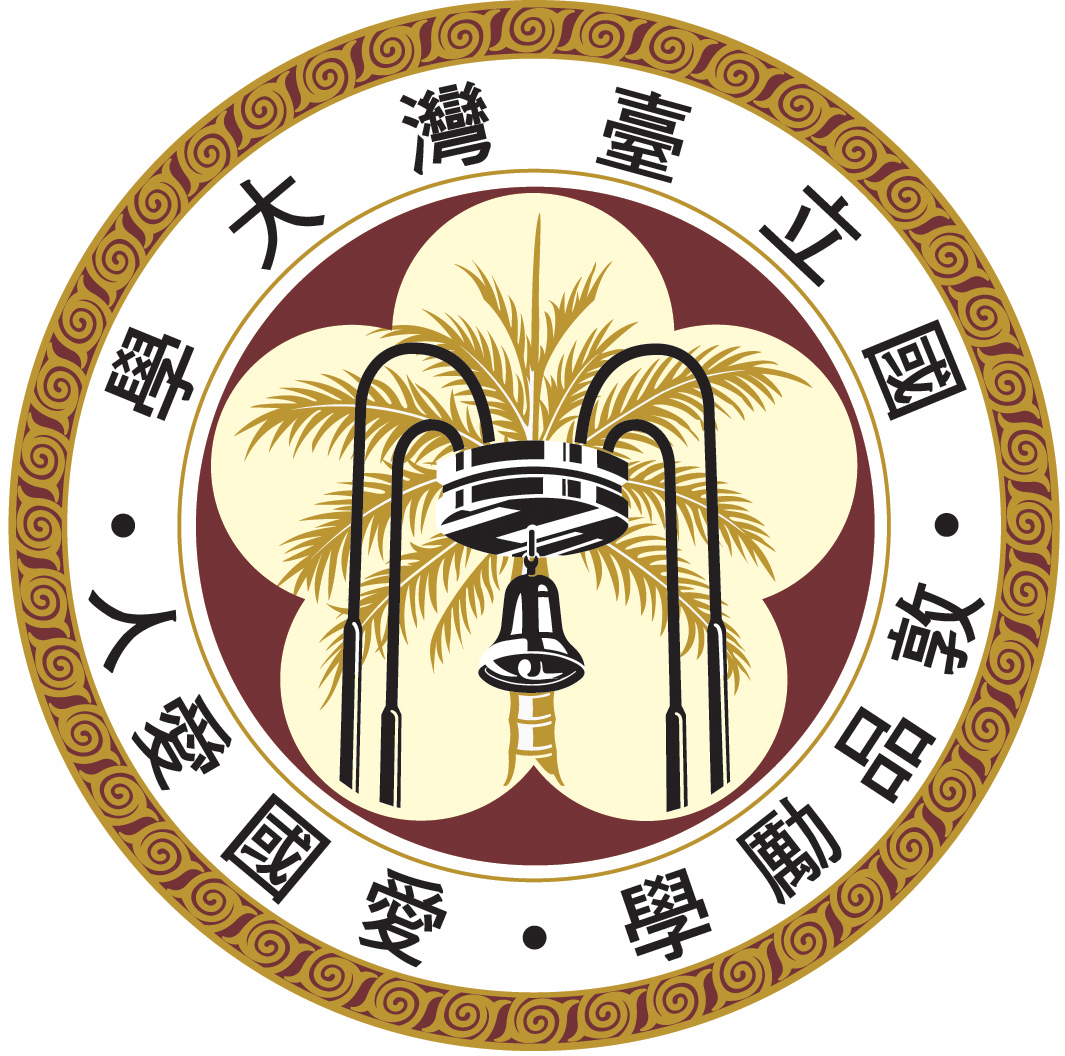Optical Systems Lab
Research Field
Yuan Luo received the MSc and PhD degrees in the College of Optical Sciences in 2007 and 2008, respectively, from the University of Arizona. After post-doctoral work at the Massachusetts Institute of Technology (MIT, 2009–2011), he joined the faculty at National Taiwan University (NTU) in 2011, where he is now Director and Professor of the Institute of Medical Device and Imaging (MDI) at NTU College of Medicine. He also serves as Program Director of Precision Health and Intelligent Medicine (PHIM) at the NTU Graduate School of Advanced Technology and holds the Associate Deanship in the NTU YongLin Institute of Health. He has worked or held visiting appointments at the Singapore-MIT Alliance for Research and Technology (SMART) Center in Singapore. His research interests are in the fields of three-dimensional (3D) and spectral imaging, shift-invariant optics theory, nanophotonics, the design of diffractive optical elements, and the implementation of 3D active structured light. He is a Fellow of the International Society for Optical Engineering (SPIE).
The primary goal of optical system laboratory is design and development of new microscopy and endoscopic techniques for biomedical imaging. We are interested in the fundamental and applied optical techniques for state-of-the-art imaging systems. The major techniques, which are developed in our laboratory, are volume holographic microscopy (VHM) and endoscopy, multiplane confocal microscopy, nano-photonics based imaging, structured light microscopy, light sheet microscopy, and quantitative phase imaging (QPI); in particular, pupil engineering for isotropic differential phase contrast imaging (iDPC).
Research topics are in the fields of advanced optical imaging, deep learning models, super-resolution endoscopy, and nanophotonics.
- Fellow, SPIE (International Society for Optics and Photonics), 2022.
- National Innovation Award, Institute for Biotechnology and Medicine Industry, Taiwan, 2022.
- Young Principle Investigator Awards, Taiwan Bio-development Foundation TBF, Taiwan, 2022. (only two Young Investigators, with less than 50 years old, are selected annually in research field of Biomedical Engineering)
- Ta-You Wu Research Grant for Distinguished Young Principle Investigators, Ministry of Science and Technology, Taiwan, 2019-2023.
- Young Principle Investigator Awards in Medicine (青杏醫學獎), Medical Science of Culture and Education Foundation(青杏文教基金會), Taiwan, 2018. (only three Young Investigators, with less than 45 years old, are selected annually among currently ~800 Principle Investigators in NTU medical school and NTU hospital.)
- Ta-You Wu Memorial Award (吳大猷先生紀念獎) for Distinguished Young Principle Investigators, Ministry of Science and Technology (MOST), Taiwan, 2016. (only one Young Investigator, with less than 42 years old, is selected annually among ~1500 Principle Investigators in Taiwan MOST Photonics Program and Society.)
- C.Y. Lee Memorial Foundation Award (李鎮源院長紀念醫學獎), National Taiwan University College of Medicine, Taiwan, 2016. (only two Young Investigators, with less than 42 years old, are selected annually among currently ~400 Principle Investigators in NTU medical school.)
- Young Principle Investigators’ Award (年輕學者獎助計畫), Ministry of Science and Technology, Taiwan, 2016-2018.
- Career Development Awarded CDG Research Grant, National Health Research Institute, Taiwan, 2013-2016.
- Paper Award, Laser Medical Foundation, Taiwan, 2013.
- National Research Fellowship at MIT, National Science Council,Taiwan, 2009.
Graduate Valedictorian, College of Optical Sciences, University of Arizona, USA, 2008.
Ph.D., College of Optical Sciences, 2004-2008
University of Arizona, USA
Dissertation: Novel Biomedical Imaging Systems
Advisor: Prof. Raymond K. Kostuk
Graduate Valedictorian of the College of Optical Sciences 2008.
